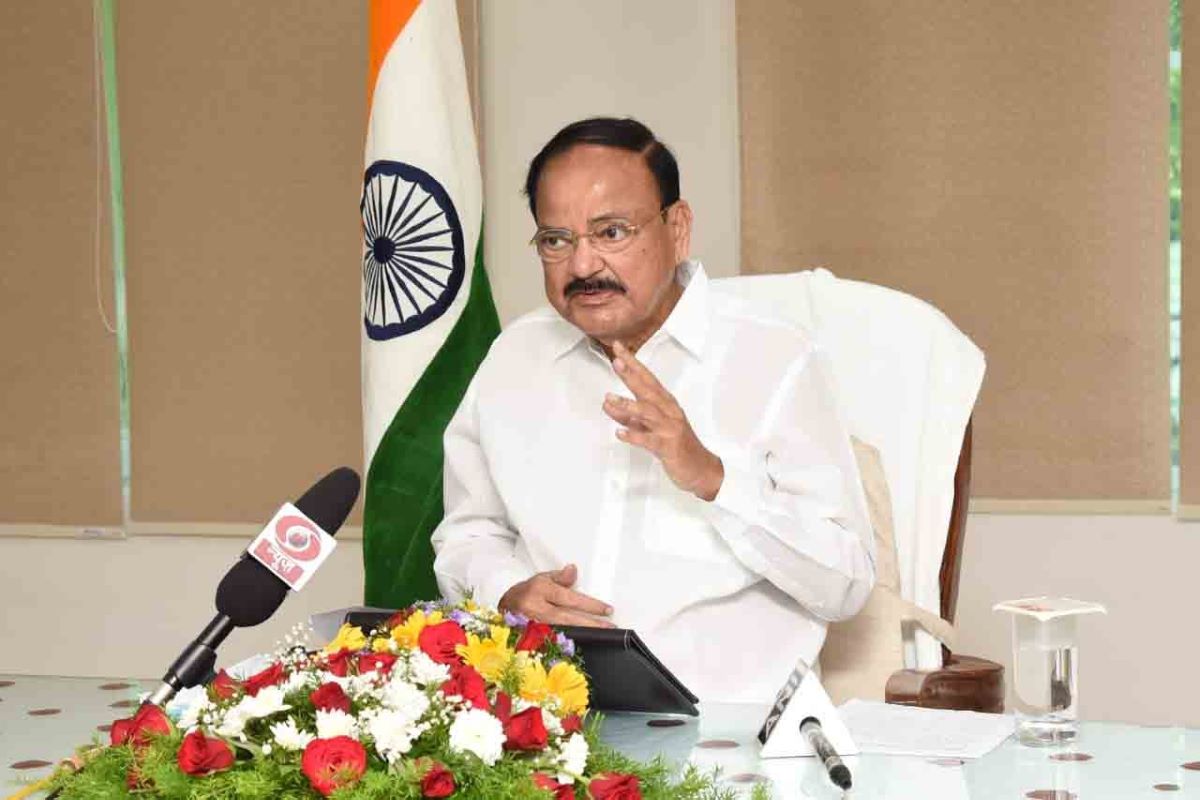Vice President M Venkaiah Naidu today called for ‘collective action’ by people to limit the impact of climate change by making the use of enabling policies.
“To be able to achieve the 1.5°C global warming limit, we must aim at both macro-level systemic changes as well as micro-level lifestyle choices. We need a people’s movement for environmental protection”, he said.
Calling for serious introspection and bold actions to mitigate the reality of increasing extreme events and diminishing biodiversity, Naidu said: “It is not only the duty of the government to deliberate, but it is the duty of every citizen and human being on earth to save this planet”.
The Vice President was inaugurating an international conference on ”Environmental Diversity and Environmental Jurisprudence” at the Chandigarh University, Mohali.
Naidu stressed that India has always been leading the world in climate action. He reiterated India’s commitment to fulfil the ambitious national targets set by Prime Minister Narendra Modi at the COP26 Summit in Glasgow recently.
Referring to how the Indian culture has always revered and worshipped nature, he said India had enshrined principles of environmental protection in the Constitution and passed many related laws “even before environmental discourse gained pace in the developed world”.
This spirit drew heavily from the country’s ancient values that look at human existence as part of the natural environment and not as one that exploited it, he added.
Lauding the Indian higher judiciary for upholding environmental justice over the years, he suggested that “lower courts too must uphold an ecocentric view and keep the best interests of the local populations and biodiversity in their judgments”. He called for stringent action against violators of pollution laws and strict enforcement of the ‘Polluter Must Pay’ principle.
The Vice President stressed the need for honest implementation of laws, suggesting that “only passing laws is not sufficient, strict action against violators is equally important”.
He suggested empowering pollution control boards and local civic bodies with resources, technical expertise and punitive powers to implement environmental laws effectively.












